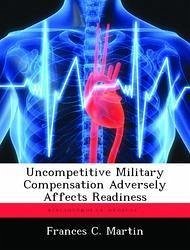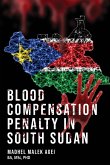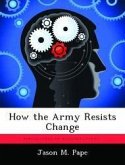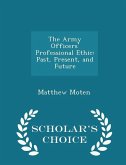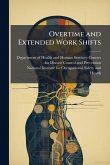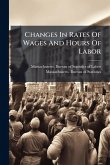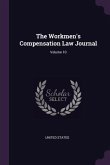The purpose of this paper is to determine whether or not uncompetitive military compensation adversely affects military readiness. Compensation in the form of wages, pilot bonuses, permanent change of station reimbursements, and temporary duty per diem payment schedules will be reviewed. Since the last significant pay raise in 1979, military pay has gradaully been losing comparability with the civilian sector. The result has been for some military members to seek alternative employment in order to maintain an acceptable quality of life standard. Alternative employment can be in the form of a secondary civilian job--thereby impacting focus and availability for the primary military job, or separating to pursue a full-time civilian career--as reflected in declining reenlistment and pilot bonus acceptance rates. Either way, valuable experience is lost and readiness is diminished. While no one joins the military to get rich, the patriotism that is at the core of military service appears to be diluted and muted with the disappearance of "The Threat". When "The Threat" was real and there was an enemy that was palpable, military members accepted lesser pay and benefits plus increased hardship/inconveniences for the "greater good" of providing service and security to our nation and families. This paper examines military readiness and factors contributing to its current state. This work has been selected by scholars as being culturally important, and is part of the knowledge base of civilization as we know it. This work was reproduced from the original artifact, and remains as true to the original work as possible. Therefore, you will see the original copyright references, library stamps (as most of these works have been housed in our most important libraries around the world), and other notations in the work. This work is in the public domain in the United States of America, and possibly other nations. Within the United States, you may freely copy and distribute this work, as no entity (individual or corporate) has a copyright on the body of the work. As a reproduction of a historical artifact, this work may contain missing or blurred pages, poor pictures, errant marks, etc. Scholars believe, and we concur, that this work is important enough to be preserved, reproduced, and made generally available to the public. We appreciate your support of the preservation process, and thank you for being an important part of keeping this knowledge alive and relevant.
Bitte wählen Sie Ihr Anliegen aus.
Rechnungen
Retourenschein anfordern
Bestellstatus
Storno

